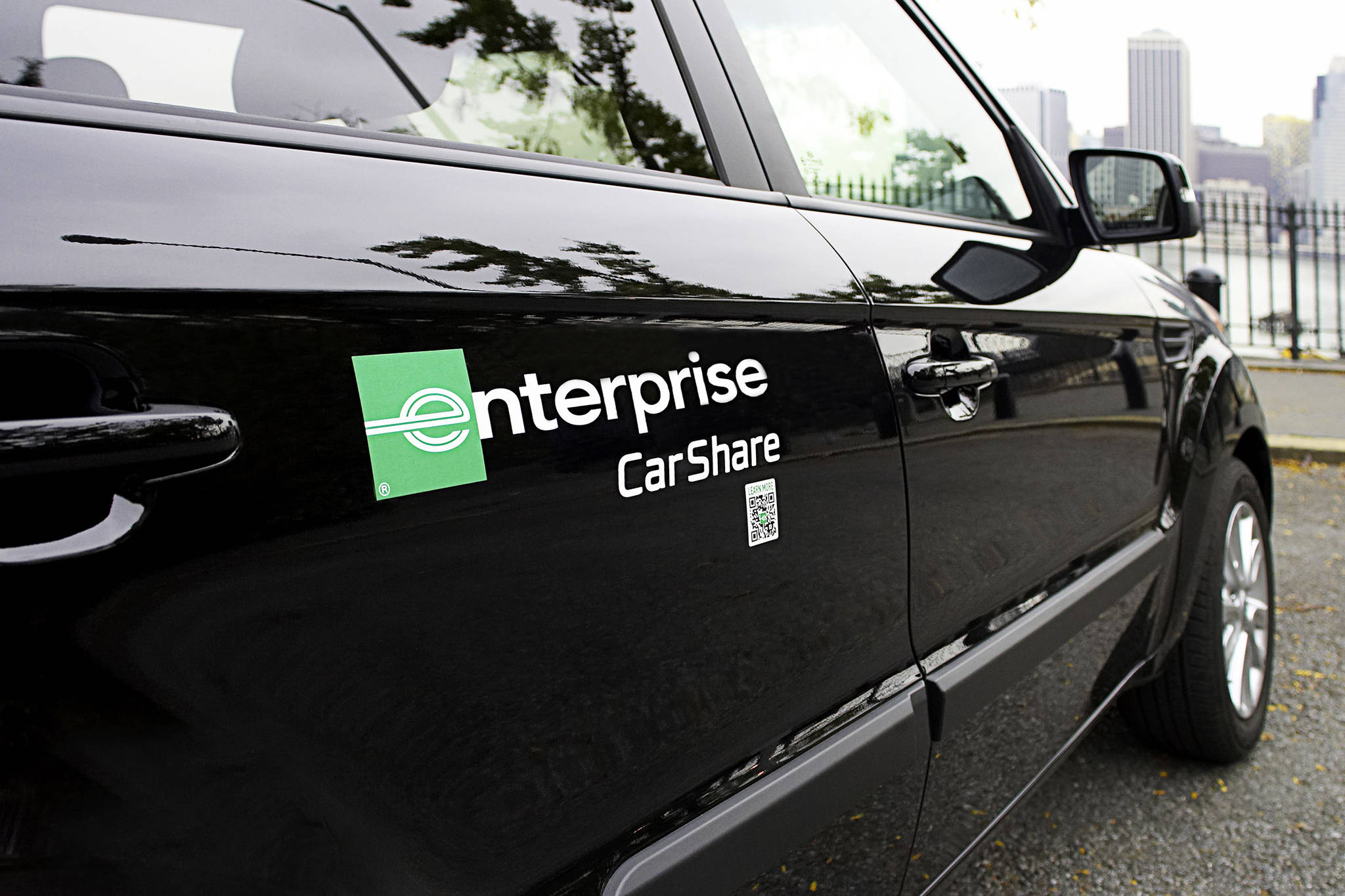A recent opinion piece in the Empire badly mischaracterizes an important piece of pro-consumer legislation making its way through the Alaska Legislature.
With all due respect to Erik Scholl, the opinions he expressed adhere to a narrative we’ve heard again and again, as Turo and other peer-to-peer car rental operators seek special exemptions and subsidies from policymakers in one state or municipality after another.
The central fact is this: Whenever cars and trucks are rented to the public, all safety requirements should be met, proper insurance should be provided and fair taxes should be paid. Period.
That’s why House Bill 102, sponsored by Rep. Adam Wool, ensures a level playing field. All for-profit companies have an obligation to their local communities to pay and collect their fair share of taxes and fees and comply with other regulations meant to protect the public — just as AirBnB and other home rental platforms do.
[Sen. Murkowski: An opportunity for nuclear energy in Alaska]
At Enterprise Holdings, we are not afraid of fair and open competition. And fairness is at the core of HB 102.
HB 102 merely provides a streamlined channel for collecting taxes, which are paid by renters, and then remitting those taxes via the peer-to-peer platform. To be clear, Turo “hosts” would not earn less money or be on the hook for any other expenses if HB 102 is adopted. The taxes and surcharges on rental car transactions contained in the bill are already law.
Under HB 102, none of the paying, collecting or remitting falls to the vehicle owner. That means no additional obligation falls to the owner whatsoever.
Turo also likes to pretend that’s it’s offering a new kind of service. Yet it doesn’t really matter how long cars are rented — for an hour, a day, a week or longer — or whether reservations are made on the phone, on a website, on an app or even in person. It also doesn’t matter whether the provider has been family owned and operated for more than 60 years like Enterprise, or whether it’s a 10-year-old company like Turo.
[Opinion: Alaska can join other states in passing reasonable gun laws]
Keep in mind that many different types of companies are now entering the peer-to-peer rental business — from auto manufacturers to insurance companies and start-ups.
However, make no mistake, Turo isn’t some new breed of entrepreneurial start-up. It’s a well-established for-profit company that’s not only financed by private equity funds and sophisticated corporate investors in Silicon Valley, but also represented by a large contingent of assertive lobbyists and attorneys.
And just like any other for-profit company, Turo should be held accountable for collecting and remitting proper taxes, and for complying with applicable regulations whenever and wherever vehicles are rented.
[Opinion: Misleading statistics don’t help fix Alaska’s ferry system]
Over the years, Enterprise has earned our success by providing excellent customer service, as well as by ensuring that we pay our fair share of taxes and adhering to regulations aimed at keeping customers safe when they drive or ride in our vehicles.
Rather than step up to those responsibilities, Turo and other for-profit peer-to-peer players go from state to state seeking tax breaks and preferential treatment. And when they’re called out on it, they play the victim and try to hide behind vehicle owners who supply cars through their rental platform.
It just doesn’t make sense for only one section of our industry — particularly if they claim to have hundreds of thousands of vehicles available for rent — to benefit from legal loopholes and special carve-outs. And be sure to check out Turo’s digital properties, print ads and television advertising to see how they are renting cars.
One is left to ask: How can you tell consumers it is a better way to rent cars and, yet, at the same time, tell elected officials and policy makers that it is not actually renting cars?
• Brian Rothery is the vice president of Government and Public Affairs Enterprise Holdings. He lives in Folsom, California. My Turns and Letters to the Editor represent the view of the author, not the view of the Juneau Empire.

